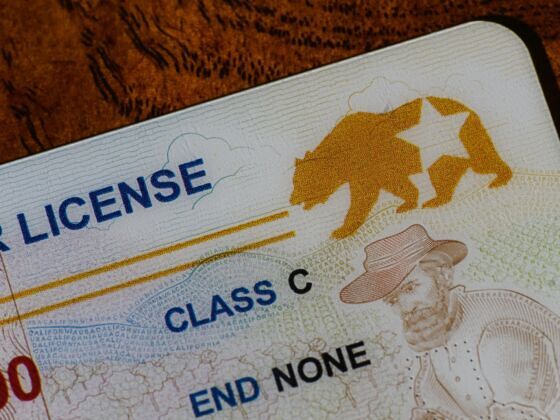Now that tax season is behind you, it’s time you tackle another big, government-required project: Your REAL ID.
May 7, 2025 is the federally mandated deadline for you to obtain a REAL ID if you want to fly domestically. And painful as going to the DMV is, much like taxes and cleaning your bathroom, sometimes you just have to cowboy up and grit through it.
